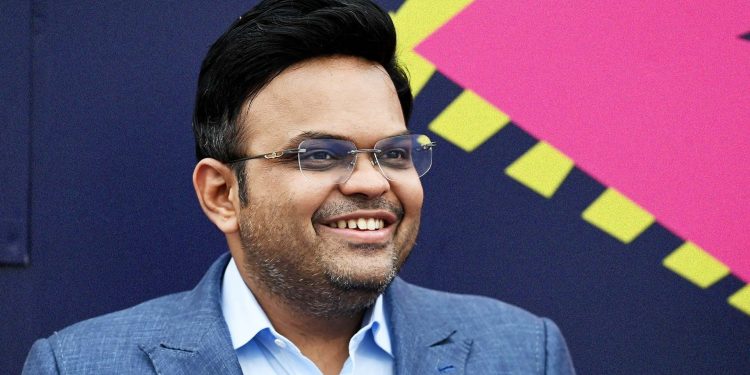The World Cricketers Association (WCA) will not be involved in the International Cricket Council‘s (ICC) targeted drive to create and promote a mobile gaming platform. Securing players’ rights is a crucial part of this ambitious initiative, and the ICC intends to do so directly through its member boards as opposed to via the players’ union.
The participation of retired players who are no longer bound by contracts with their individual boards is a crucial extra factor. For example, the Board of Control for Cricket in India (BCCI) currently has no jurisdiction over legendary cricket players like Sachin Tendulkar and MS Dhoni. Any online cricket game approved by the ICC that leaves out these legends runs the danger of feeling lacking.
“A clear direction from the April (ICC Board meeting in Harare) meeting was that all players’ rights for this project would be secured through the members. The ICC was not to contract player rights through a third party such as the World Cricketers Association,” an ICC note stated to members who attended the Annual Conference in Singapore.
Prominent retired cricket players from other cricketing nations are also at risk. At the most recent ICC conference in Singapore, this topic was covered, and the management asked the board to form a special working group to deal with these kinds of complicated problems. Before its next scheduled meeting in October, the ICC hopes to have all project-related issues resolved, including player representation and rights purchase.
The aim is to have a preferred partner identified for approval at the October board meetings. (The ICC) management will be in touch with members shortly to formalise the licence of rights required for the mobile game. These agreements will need to be completed by October,” the note added.
The worldwide gaming industry is huge by financial, cultural, and societal standards. New ICC CEO Sanjog Gupta allegedly stressed this at the Singapore conference. The gaming endeavour is intended to generate significant revenue for the ICC and its member boards.
“The global gaming market size was valued at USD 249.55 billion in 2022 and is anticipated to grow from USD 281.77 billion in 2023 to USD 665.77 billion by 2030, exhibiting a CAGR of 13.1% during the forecast period (2023-2030). Asia Pacific dominated the gaming market with a market share of 46.03% in 2022,” Fortune Business Insights reported last year.
“The online gaming industry (in the country) is estimated to double to INR 66,000 crore by 2028, with the potential to create an additional 2 to 3 lakh jobs in the next few years,” as per PwC India.
The ICC issued an Expression of Interest (EOI) process after the Harare meeting, and 15 people responded. These were then assessed and sorted according to the candidates’ background in creating top-notch mobile games and the stability of their companies’ finances. An Invitation to Tender (ITT) document was subsequently sent to the entities that made the short list. Their answers must be received by September in order for a comprehensive assessment that takes into account both technical and business requirements to be carried out.
A&W Capital has been brought on as an advisor.
A&W Capital has been hired by the ICC as an independent consultant to help with the mobile gaming project’s distribution and revenue-generating model design. The nomination came after seven companies, including Deloitte, Boston Consulting Group (BCG), and Sports Five, submitted competitive Requests for Proposals (RFPs).
In the end, A&W Capital was chosen because of its extensive knowledge of both the Indian mobile gaming industry and the larger cricket economy. The company, which has offices in London and Mumbai, is anticipated to give its findings at the ICC Board meeting in October. It will cover the independent appraisal of the rights package and suggested distribution strategies.
The ICC has already posted an EOI paper on its official website about mobile game development. This prompted organisations to provide information about their technical prowess, financial position, relevant experience, and suggested tactics for leveraging the rights. A shortlist of eligible applicants for the ITT was created based on these submissions.
“The shortlisted organisations will be requested to provide further details on the game such as what type of game they plan to make and how they plan to market and promote the game, which will form the first stage of the ITT evaluation and, if successful at the first stage, the management will then consider their commercial offer for securing the rights,” the note said.
Early September is the deadline for responses from the selected organisations. Following that, the ICC will go on to the selection, presentation, and negotiation stages with the chosen applicant.
Despite the ICC’s comprehensive plan, member boards generally agree that the project could take more than a year to finish. The creation of a small working group to assist in decision-making at every stage is a crucial part of the strategy, according to ICC management.







